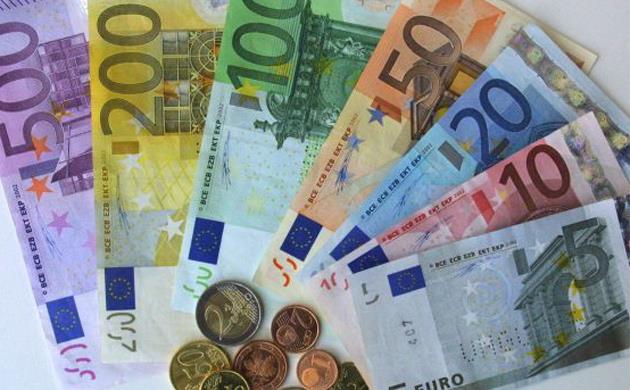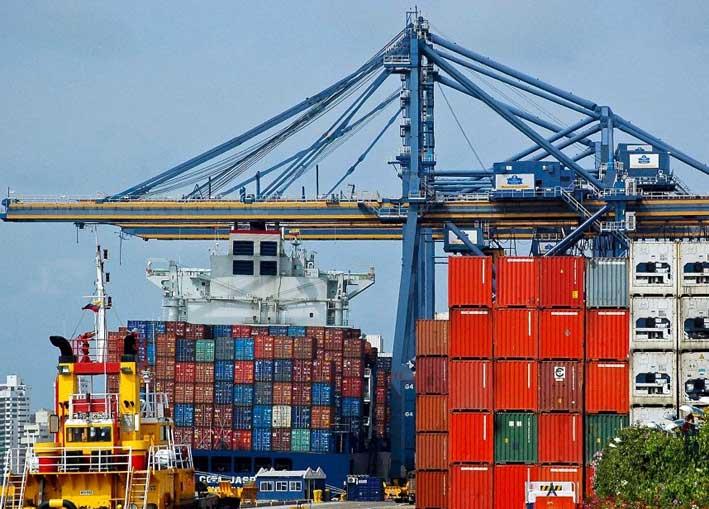The 2016 budget speeches by Prime Minister Joseph Muscat and Opposition Leader Simon Busuttil were characterised by punch and counter-punch over a number of headline economic figures.
The Prime Minister accused the Leader of the Opposition of putting together a “poorly-researched” speech full of “enormous economic mistakes”.
The Malta Independent on Sunday asked the Nationalist Party for the sources of some of the more contentious figures quoted in Dr Busuttil’s speech in an attempt to separate the economic facts from the political spin.

Government ‘manipulation’ of employment figures
“The government has undertaken an aggressive campaign of striking people off the unemployment registry to give the impression that fewer people are registering for work. Between last August and April of this year 1,353 people were stuck of the register without having found work.” – Opposition Leader
The facts
The Opposition sourced this data from a Parliamentary Question answered by Education and Employment Minister Evarist Bartolo, who provided the figure of 1,353 people used in Dr Busuttil’s speech.
PN interpretation
“While unemployment was at 6,698 in August 2014 it went down to 5,568 in April 2015. Let us remember that this is a stock figure (actual amount of registered unemployed) so the figures are directly comparable even though taken from a different news release. The drop in unemployment we have witnessed here amount to 1,130 which is less than the amount of persons struck off from the unemployment register.”
The spin
The government has taken a strong stand against benefits abuse. Last year, the Prime Minister put forward the example of 350 registering for work as petrol pump attendants when only five or six such vacancies arise each year.
“This was just one of a number of ploys resorted to by those who wanted to continue receiving unemployment benefits without ever working,” Dr Muscat had said.
Given the government’s strongly declared stance against such abuse, the 1,353 struck off the register is probably part of its campaign to tackle benefit fraud, rather than the outright manipulation of employment figures as insinuated by the Opposition Leader.

Inflation
“What the government did not tell us in the budget is that Malta has the highest cost of living rate in the entire EU. The cost of living has hit 1.6 per cent. If you delve into more detail, you will find that food prices alone rose by almost 3.5 per cent” – Opposition Leader
The facts
There is no disputing the fact that Malta registered the highest rate of inflation in the EU at 1.6 per cent according to the EU’s independent statistics agency Eurostat.
PN interpretation
“We interpret this to mean that inflation has gone down in the EU because governments passed on the benefits of substantially lower international oil prices to their consumers and businesses through reduced energy prices.”
The spin
It may sound counterintuitive but Malta is actually better off than the majority of EU countries, many of which are experiencing deflation.
Deflation has a negative impact on a country’s economy. This is due to the fact that when consumer prices fall, so do business profits, which impacts on economic growth.
The European Central Bank has an official target of inflation rates of below, but close to, two per cent.
This means that Malta’s 1.6 per cent inflation rate is not a problem at the moment, as long as the economy continues to grow and does not overheat.
Dr Busuttil’s statement that food prices rose by almost 3.5 per cent is slightly inflated, as National Statistics Office figures show food prices rose by three per cent.

Decline in real wages
“If you look at the Economic Survey you will find that the average weekly wage was €349.50 in 2012 and during the first half of this year went down to €348.30. These are their own figures. This means that real wages in Malta, once inflation has been accounted for, is actually less than it was during the last year of a Nationalist government” – Opposition Leader
The facts
The Economic Survey annexed to the 2016 budget tallies with Dr Busuttil’s assertion that real wages are lower now than they were in 2012.
PN interpretation
“The Economic Survey published by the government together with the budget shows that in 2011 and 2012, the real average wage was increasing by 1.0% and 1.5% respectively. Now if we compare the value of 2015 (€348.30 weekly) with the real wage as it stood at the end of 2012, i.e. the last full year of a Nationalist government (€349.50), we see that there is a decline.”
The spin
Real wages did peak in 2012 at €349.50. What Dr Busuttil glossed over is that real wages were €344.50 in 2011.
Therefore, at the current rate of €348.30, real wages are higher now under a Labour government then they were at the beginning of the five-year comparative period used in the Economic Survey, which began in 2011 under a Nationalist government.

Declining exports, gross value added in manufacturing sector
“Under this government exports have reduced drastically which is mainly down to a decline in the manufacturing sector. In the first two years [of a Labour government], exports fell by €700 million.
“If oil exports are taken out of the equation, there is still a substantial reduction of €300 million. This is very worrying. The Finance Minister said the manufacturing sector is doing well – this is a blatant lie. In the Economic Survey it is shown that in two years manufacturing declined by €90 million, which is no joke” – Opposition leader
The facts
There is no denying these figures. Eurostat shows Malta had the sharpest decline in exports in 2013 and 2014, with a fall of -22.6 per cent.
The Finance Minister has put this decline down to the decline in offshore bunkering, as mentioned in Dr Busuttil’s speech.
PN interpretation
Taking 2012 as the final full year of a PN government as a benchmark, we see, between 2011 and 2012, an increase in manufacturing gross value added (GVA) from €790m to €793m respectively. Looking beyond that point we see a decline to €728m through 2013, and an additional decline to €708m through 2014. Comparing the first six months of 2014 with the first six months of 2015, once again we see a decline, from €356m to €353m.
On exports, looking at the first eight months of 2015 as compared to the first 8 months of 2014 we yet again see a continuing decline from €2,532m in 2014 to €2,385m in 2015.
The spin
Not much in the way of spin here. Even the government-friendly General Workers’ Union put the need for more focused attention on the manufacturing sector at the top of its budget 2016 wish list.